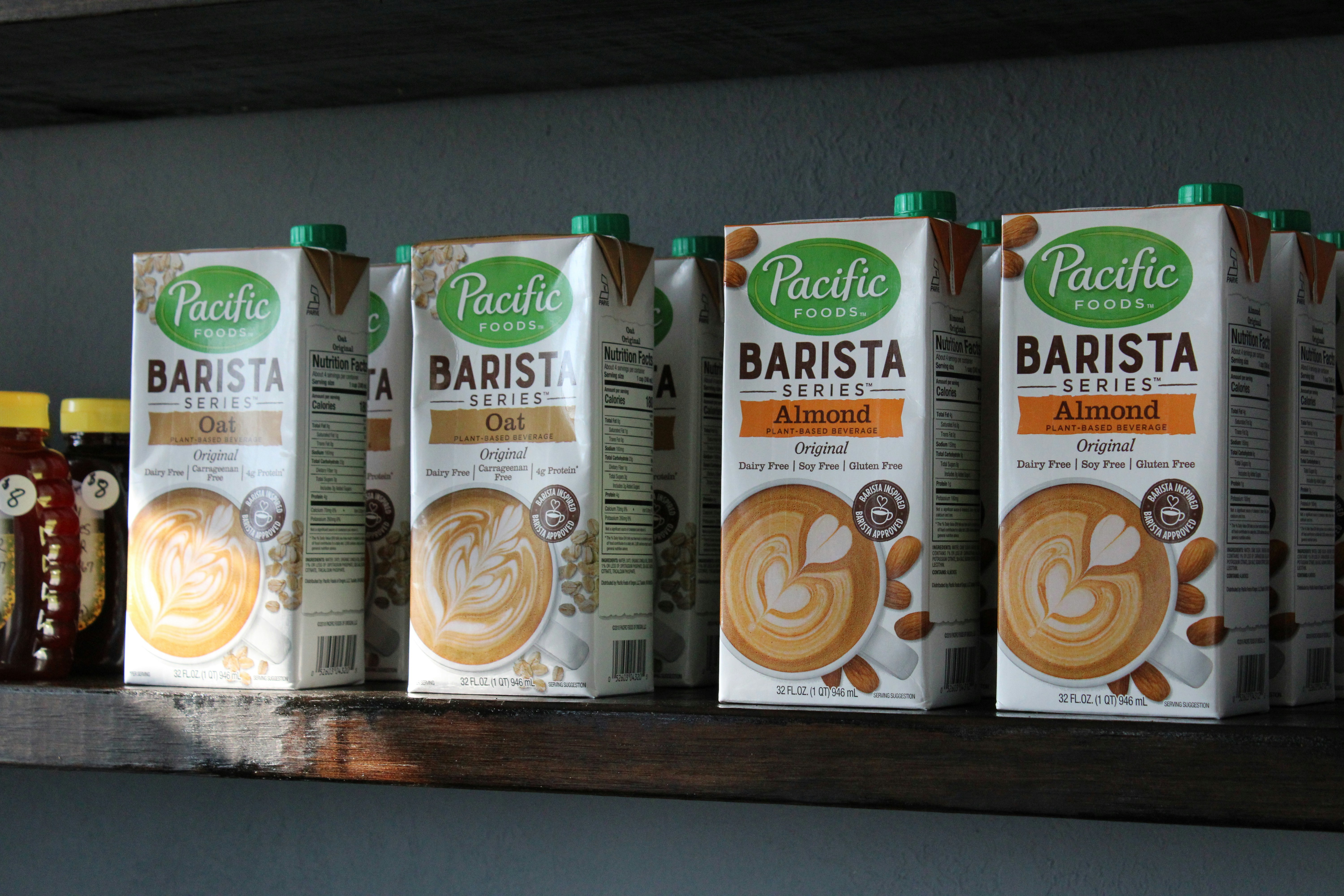Veganism has been knocking at your door, and it looks like you’re finally ready to open up and welcome it into your life. Maybe you’ve read about all the amazing benefits about solely eating vegan food. Or maybe your friends can’t stop raving about how much more energetic they feel after going vegan. Veganism may be trendy right now, but it’s truly been proven to help protect you from specific types of cancer, high blood sugar, heart disease, excessive weight gain, and more.
Transitioning into a plant-based diet is great for your body, but it can be frustrating if you’re unprepared. Here are a few tips to include while beginning your new vegan diet:
Diligent Research and Guidance
New beginnings are exciting, but they usually don’t pop up out of nowhere. Becoming vegan calls for a different type of lifestyle, and it’s not one that you can just casually jump into. It’s important that you learn everything you can about practicing this healthy diet, and we do mean everything: what to expect, possible health side effects, and sources that offer different perspectives on the lifestyle. When you learn more, you become more equipped to adapt positively to going vegan.
A great source for information on veganism is Dominick Thompson. Thompson is the founder of Eat What Elephants Eat, a nutrition and wellness program that acts as a guide to people wanting to shift to a plant-based diet. Eat What Elephants Eat offers personalized meal planning that focuses on healthier options that are also affordable. In addition to the meal plans, there are also food coaches who support and encourage your journey to a plant-based diet. As mentioned on their website, plants are an incredible source of nutrition.

Start Adding More Vegan Food to Your Diet Now
Before you start to give up certain foods, begin eating more of what you’ll expect in your new diet. This can be done in simple ways:
1. Add beans, whole grains, seeds, and nuts to your diet. This way, you’ll learn more about how to preserve these items. You’ll also get a pretty good idea on how to cook and prepare them properly.
2. Find healthier alternatives that are easy to switch out. For example, try using nutritional yeast instead of cheese, or replace whole milk with soy or almond milk. You can also practice this method by asking for substitutions at restaurants or cafes.
3. Try making small vegan dishes to go along with your main meals.
Whenever you do feel ready to start letting go of your old food choices, don’t feel pressured to stop cold turkey (pun not intended!). You don’t have to rush this change; it can be overwhelming, so give yourself grace by providing yourself with some time. Small decisions such as picking a day out of the week to not eat any meat or dairy will help prepare you for this new diet.

Keep an Open Mind and Have Fun
Instead of mourning all of the food you used to consume, get excited for all of the new culinary dishes you get to discover! Not only are you allowing yourself to experience a whole new cuisine, but you get to dig down into your creative bag to create healthy meals that will satisfy you.
Here are a couple of platforms to help you in this discovery:
1. Eat What Elephants Eat: This nutrition and wellness company works with you to create a personalized meal plan with the foods that you love.
2. Sweet Potato Soul: Find delicious recipes and advice on how to preserve your vegan treats by tuning into Jenne Claiborne’s blog.
3. Rachel Ama: You can never have too many sources of inspiration when it comes to creating tasty recipes!
Congratulations on deciding to take on a plant-based diet. Friendly reminder: you are a plant yourself! Give yourself some time to grow into your new eating habits. You’ll be sure to flourish either way.

